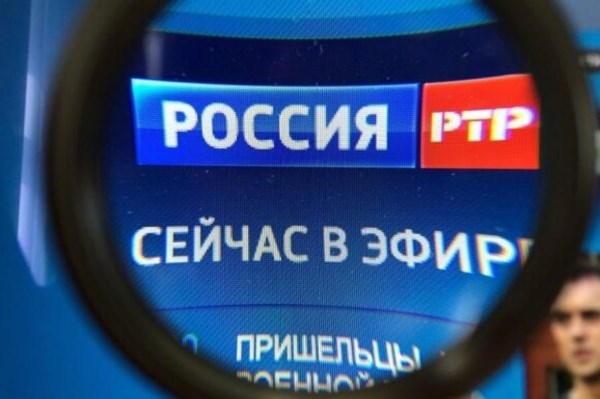Azerbaijan expels Russia Today and closes Russian cultural institutions amid rising tensions with Moscow
The Azerbaijani government has officially expelled the Russian propaganda outlet Sputnik, part of the "Russia Today" media group, from the country, reported the Foreign Ministry representative Ayxan Hacizade, who further noted, that the Ministry will only permit accreditation for one correspondent, who must comply strictly with Azerbaijani law and the intergovernmental agreement of 2001.
The closure of Sputnik’s editorial office in Baku coincided with the cessation of activities at "Russian House," the local arm of Rossotrudnichestvo. Previously, Azerbaijani authorities had raised legal issues concerning the organization, while the state TV channel Baku.tv aired allegations accusing "Russian House" staff of espionage activities.
Tensions between Baku and Moscow escalated following a tragic December 2024 incident when an AZAL airline plane heading to Grozny was shot down by the Russian Army over Chechnya, resulting in the deaths of 38 people onboard. Azerbaijani authorities attributed the disaster to Russia, claiming that the aircraft was hit by a Russian air defense system, and subsequently denied emergency landing at Russian airports.
Azerbaijani President Ilham Aliyev has condemned the Kremlin for attempts to conceal the truth and propagate "absurd versions" of the event. Further straining relations, Azerbaijan has imposed entry bans on Russian State Duma deputy Nikolai Valuev for "offensive and threatening" comments. Previously, similar actions were adopted against Konstantin Zatulin and Vitaly Milonov due to their actions against Azerbaijan's sovereignty.
As relations continue to deteriorate, last week saw the blockade of the "Sputnik Moldova" Telegram channel, amplifying suspicions in Baku about Kremlin propaganda dissemination in the region.
Amid escalating conflicts, analysts predict a further severance of bilateral relations, including economic and cultural cooperation. Azerbaijan, once regarded by Russia as a strategic partner in the Caucasus, now demonstrates a strong stance and readiness for independent policy.
